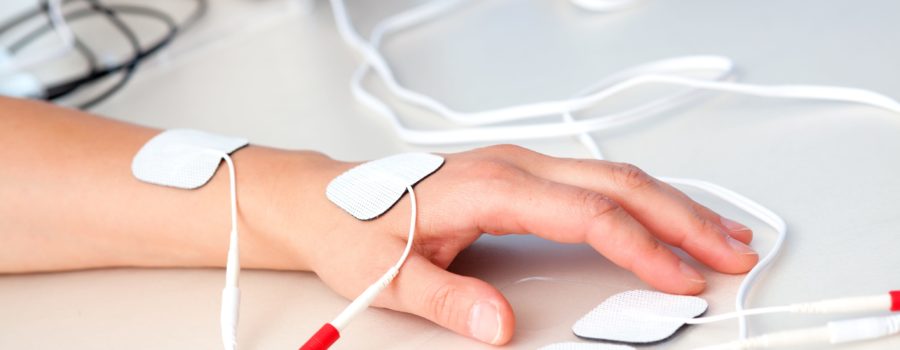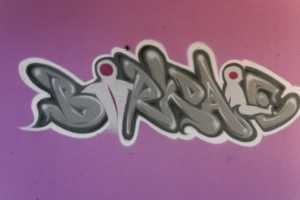The earliest known use of electric muscle stimulation dates to around 500 BC. Over 2,000 years ago the Egyptians discovered that certain fish emit electrical impulses; these fish were used to treat pain. The Greeks and Romans followed suit, using the electrical pulses of fish like the electric ray to ease various ailments.
In 1745 German physician Altus Kratzstein asserted that muscles could be manipulated via electrical current. In the 19th century the Faradization technique emerged, an early method of electrical stimulation therapy used to effectively treat motor paralysis in patients. This led to the eventual acceptance of electrical stimulation therapy in hospitals in London.
In 2022 we have more understanding about the pathology of neurological conditions and neuroplasticity. In particular, Dr Daniel Becker (assistant Professor of Neurology at Johns Hopkins and Director at the International Neurorehabilitation Institute) has published some robust studies demonstrating that NMES (Neuromuscular Electrical Stimulation) can promote re-myelination in a variety of conditions– TM, MS. We have seen evidence of this in our clinical practice, when patients using NMES are able to make objective functional improvements.
We have created an online course for practitioners on Electrical Stimulation as a guide on its use;
Surface Electrical Stimulation (SES) in Neurorehabilitation
Aims: To bring awareness to the range of NMES devices available, parameters, evidence base and practical and clinical applications for use with patients
Target audience: Physiotherapists who are new to using SES, or those who wish to refresh their knowledge and clinical reasoning for use.
Learning outcomes:
Module one:
Will cover
Please contact us by email if you are interested. Once the payment has been made, we will send you a link to the training which will be live for two weeks.
em: info@neuro-physio.co.uk




